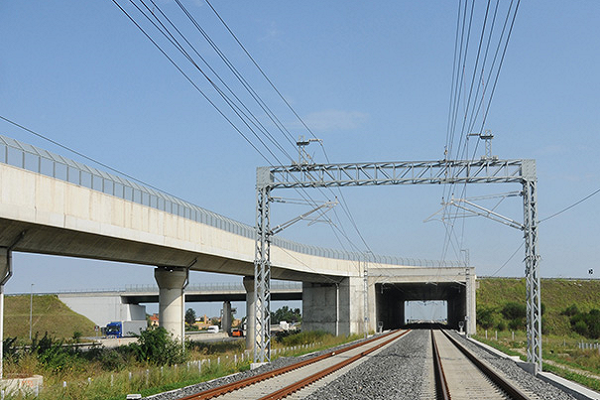The energy sector has significantly changed in recent years and has introduced new challenges, especially for policymakers and distribution system operators (DSOs). Among other challenges, there is the management of the smart metering (SM; abbreviation also used for smart meter) technologies and their rollout. Several SM implementation projects have been initiated throughout Europe because of the EU directive on energy efficiency 2012/27/EC and priors. No wonder that scholars and industry experts consider SMs essential for the healthy functioning of the energy distribution market and for energy efficiency (Nachreiner et al., 2015). Also, SMs represent an important part in the efforts aimed at transforming a typical grid into a smarter grid (Erlinghagen et al., 2015; D’Oca et al., 2014). Prior research suggests that SMs penetration efforts occur in a dynamic environment (Luthra et al., 2014) where consistent industrial policies and smart regulation boost diffusion targets (Pupillo and Bérenger, 2013). At the time of this writing, regulatory and techno-economic barriers still prevent a smooth and capillary diffusion across Europe. As the rollout of SMs requires close partnership working with stakeholders, it is important to count on information about implemented projects so far in a systematic way. This is particularly important as most of European countries will invest additional efforts to harmonize policies, regulatory mechanisms and standards. Thus, based on an empirical evaluation of different projects, our purpose is twofold. First, we provide stakeholders with recommendations aimed at weakening such barriers; second, we introduce some future opportunities. The ongoing situation presents governments, energy suppliers and DSOs with new challenges for which they need to develop new expertise. In this regard, it is important to understand how the level of functionalities of SMs impact costs and benefits for DSOs and society. We follow on the issues behind the purpose of the Meter-ON project whose objective was to facilitate the large-scale deployment of SMs across Europe. We provide a comparable framework that, based on recent experiences, sheds some light on appropriate approaches for implementing SM projects. We develop these ideas in more details, analyzing some recent highly representative and successful projects starting from validated outcomes of the Meter-ON project. The empirical study sought the direct participation of DSOs involved in SM projects, and we carefully considered both technical and non-technical issues in strong cooperation with them. Therefore, we undertook the analysis considering a range of additional factors that emerged to be significant in influencing the performance of SM projects. We gathered and collected the data via extensive review of previous works and empirically in close cooperation with the stakeholders involved. We identified a set of cause-effect relations, namely, patterns. These patterns represented the key element for discussion and delivering concluding remarks. Our results support DSOs in their strategies aimed at effectively deploying SMs and SM technology, governments in their processes aimed at liberalizing the market and NRAs in their procedures aimed at defining regulations. Other stakeholders can take advantage from our results and implications by examining the set enabling patterns for implementation projects. This paper is organized as follows. First, we discuss the current issues in SM implementation research, as well as ways to overcome some of the obstacles that deter the field’s development; then we outline the research objectives; the following paragraphs define the field of our manuscript as well as the data collection and analysis methodologies; next, we present main results from the present study that add to those of previous literature; the results section is followed by the discussion, implications and concluding remark.







 Italiano
Italiano